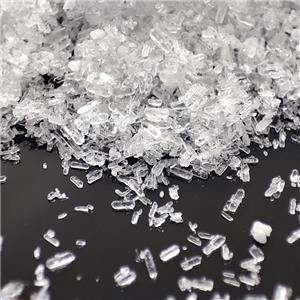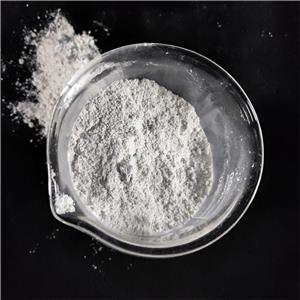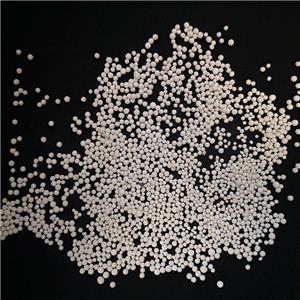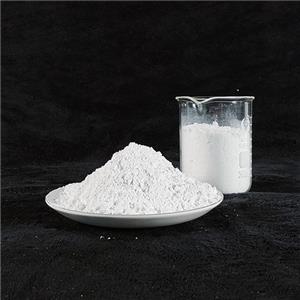Which is better magnesium oxide or magnesium hydroxide?
Magnesium hydroxide (Mg(OH)₂) and magnesium oxide (MgO) are two common compounds of magnesium. Although they both have certain medicinal and industrial uses, their applications are different. Which one is "better" really depends on the specific needs and application scenarios. Below we will compare these two compounds from multiple perspectives to help understand their respective advantages and limitations.
1. Chemical properties and solubility
One of the most significant differences between magnesium hydroxide and magnesium oxide is their solubility. Magnesium hydroxide is a white solid with very low water solubility, which is an important property of its use as an antacid and laxative. Due to its low solubility, magnesium hydroxide mainly exists in the form of a suspension in water, which can release its effect slowly and avoid excessive irritation to the gastrointestinal tract. Therefore, when magnesium hydroxide is used as a drug, it usually shows a milder effect and is suitable for long-term use.
Magnesium oxide, on the other hand, has higher solubility, especially in acidic environments. It usually comes in the form of a white powder that reacts relatively quickly with acid, so magnesium oxide may be more effective in situations where stomach acid needs to be neutralized quickly. However, magnesium oxide's higher solubility may cause it to be more irritating to the gastrointestinal tract and therefore may not be as gentle as magnesium hydroxidewhen used long-term.
2. Medicinal effects and side effects
Medically, both magnesium hydroxide and magnesium oxide are used as antacids, but their effects and side effects differ. Magnesium hydroxiderelieves symptoms of hyperacidity, heartburn, and indigestion by neutralizing stomach acid. Due to its low solubility, magnesium hydroxide releases magnesium ions more slowly, causing it to be less irritating to the stomach and have less severe side effects. Magnesium hydroxide also has laxative properties, so it also shows good results in treating constipation. Overall, magnesium hydroxide is suitable for longer-term acid neutralization treatment and constipation relief.
In contrast, when magnesium oxide is used as an antacid, due to its higher solubility, it can react with gastric acid faster, so it can relieve the symptoms of hyperacidity more quickly. However, due to its strong acid-neutralizing effect, excessive use of magnesium oxide may cause diarrhea and other gastrointestinal discomfort. Therefore, the side effects of magnesium oxide are more obvious when used for a long time or in excess.




